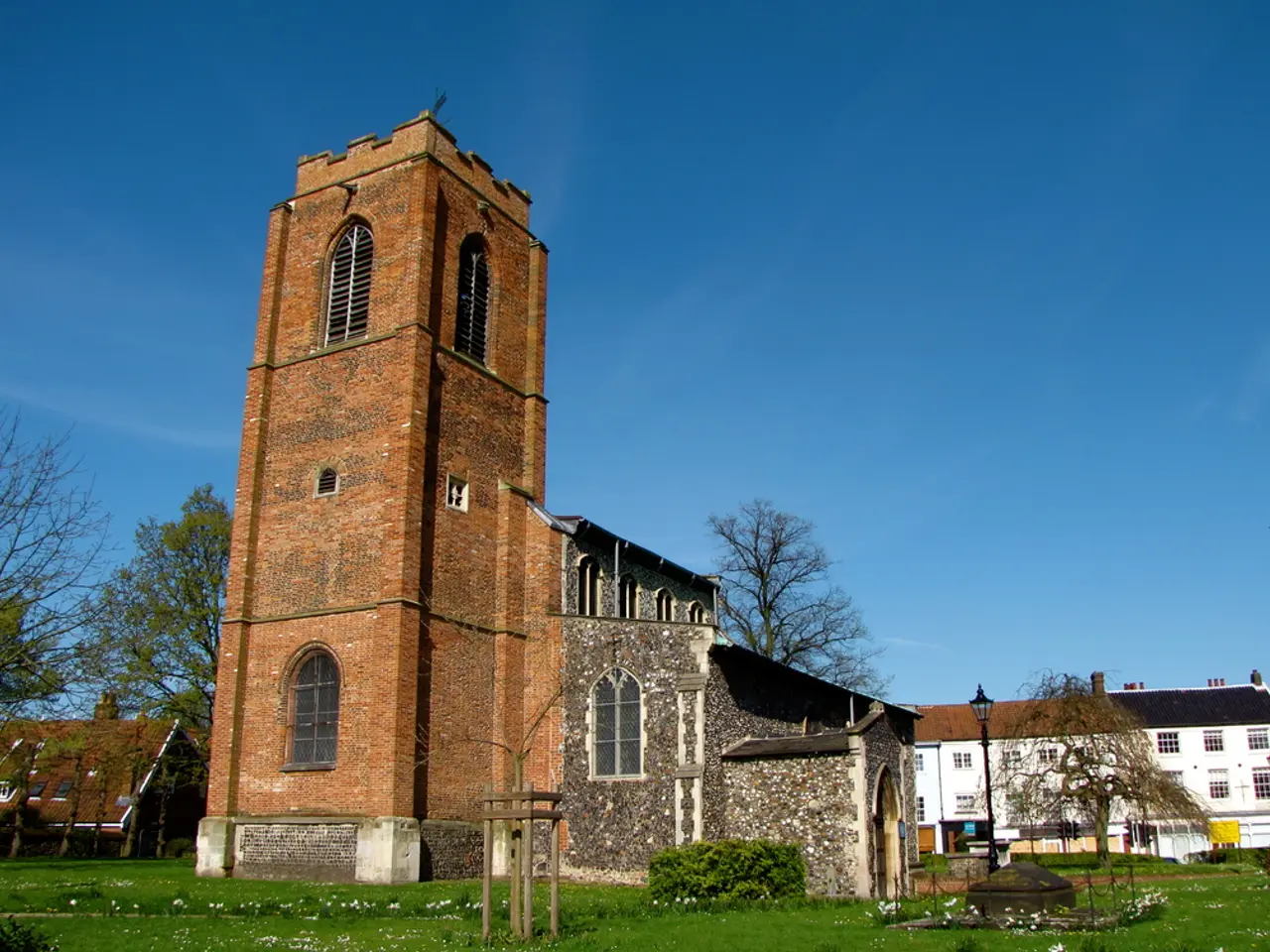Exploring Al Fresco Transformations: An Expedition of Landscaping and Decking Advancements
In the bustling city of Vancouver, home builders and landscapers are redefining outdoor spaces, merging innovation with nature to create eco-friendly and aesthetically pleasing environments that align with the region's unique climate and eco-conscious values.
One such trailblazer is a local landscaper, who, faced with challenges in the industry, has honed their craft to create unique designs that foster connections in outdoor spaces. Their passion lies in crafting spaces where people can connect, such as a backyard oasis for a family yearning to host gatherings.
### Innovative Materials
At the heart of these transformative projects are innovative materials. Composite decking made from recycled materials, like those offered by FiberWood, has become a popular choice. These boards, composed of about 90% recycled materials, combine recycled plastic and wood fibers, providing a durable, low-maintenance, and slip-resistant solution. Options include semi-solid "Advantage" boards for residential use and grooved "Elite" boards designed for commercial strength and durability, both coming with long warranties of 25 to 30 years.
Other sustainable materials include thermally modified wood and recycled plastic lumber, which offer longevity and reduced environmental impact while maintaining aesthetic appeal. Local builders also prioritize the use of reclaimed wood and locally sourced stone for outdoor landscaping features, reducing carbon footprints and fostering an aesthetic harmony with the natural surroundings.
Some landscaping professionals also utilize decking materials like TimberTech boards, which contain at least 60% recycled content, balancing sustainability with craftsmanship and durability.
### Sustainable Strategies
Energy and resource efficiency is a key focus in Vancouver's construction trends for homes and outdoor spaces. Green roofs and solar panels integrated into laneway homes and outdoor studio designs are becoming increasingly popular, reducing overall energy consumption and environmental footprints while enhancing outdoor usability.
Builders are also adopting programs like Environments for Living, which focus on energy efficiency, moisture control, and durability through optimized building envelopes, insulation, and HVAC. Though originally for homes, the principles of durability, moisture resistance, and energy efficiency often extend to outdoor living spaces, ensuring that decks and landscaped areas last longer with less maintenance.
Incorporating elements like bi-fold doors opening onto lush gardens, skylights, and multifunctional outdoor spaces cultivates a sustainable lifestyle that blends indoor and outdoor environments. These design choices reduce the need for artificial lighting and promote ventilation and connection to nature.
The author of these transformative projects learned to adapt their designs and materials during difficult weather conditions, resulting in more durable and weather-resistant projects. They have also rejuvenated community parks that had fallen into disrepair, transforming them into inviting spaces filled with native plants and features.
The author's passion for gardening was ignited when they renovated their balcony and planted a mini fruit-and-vegetable garden. They realized the profound impact of greenery on their life after watching tiny sprouts emerge from the soil. The author intends to continue exploring new ways to blend innovation with nature, making every outdoor space a cherished part of someone's life.
The author is particularly captivated by the rise of composite materials for decking, as they offer an aesthetic appeal and practical benefits without the guilt of deforestation and maintenance headaches. As Vancouver's landscape continues to evolve, so too will the city's commitment to sustainable outdoor design, creating a greener and more connected city for all.
- The local landscaper, known for their innovative designs, has a passion for crafting outdoor spaces that foster connections, such as backyard oasis for families desiring gatherings.
- Composite decking made from recycled materials, like FiberWood's Advantage boards for residential use and Elite boards for commercial strength, have become popular choices due to their durability, low-maintenance, and slip-resistant properties.
- Sustainable strategies in Vancouver's construction trends include the use of materials like thermally modified wood, recycled plastic lumber, and TimberTech boards containing at least 60% recycled content.
- Energy and resource efficiency are prioritized, with green roofs, solar panels, and programs like Environments for Living promoting energy efficiency, moisture control, and durability.
- Innovative design choices, such as bi-fold doors opening onto lush gardens, skylights, and multifunctional outdoor spaces, foster a sustainable lifestyle that enhances the connection between indoor and outdoor environments.
- The author's commitment to sustainable outdoor design includes adopting composite materials, rejuvenating community parks with native plants, and continuing to explore ways to merge innovation with nature, making every outdoor space a cherished part of someone's life.




